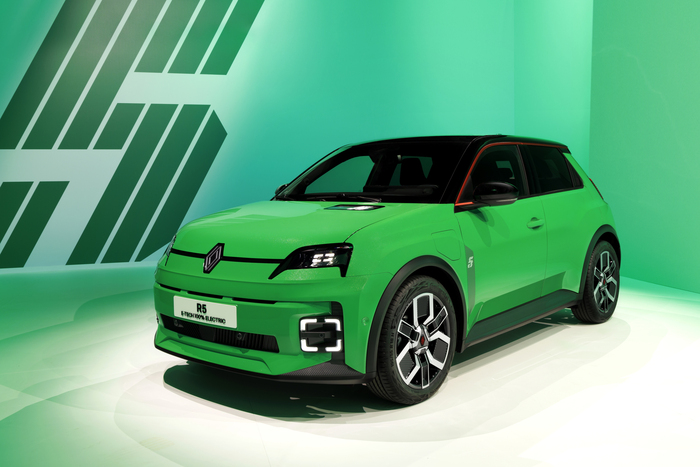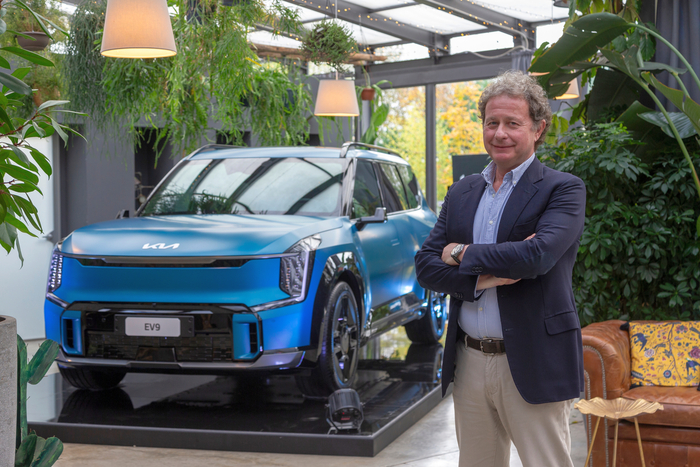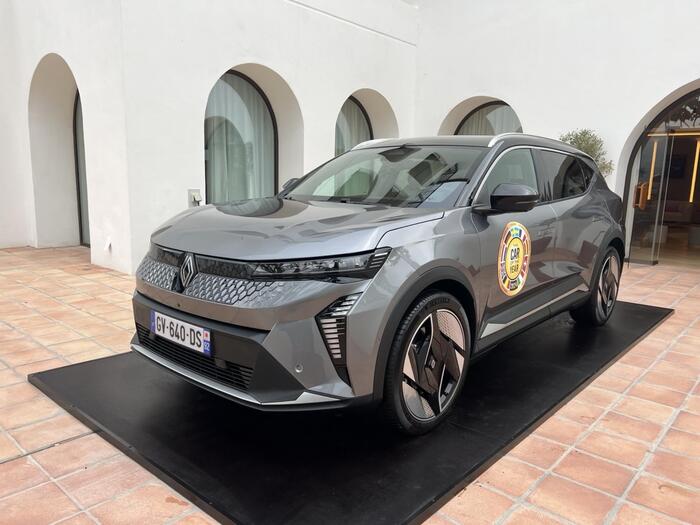"Significantly higher load on the power grid": E-car project provides important insights
Created: 07/22/2022, 17:18
By: Julian Baumann
A field test in Wangen im Allgäu showed that clever charging management for e-cars can significantly reduce the risk of a grid collapse.
© Netze BW
Netze BW carried out a field test with e-cars in Wangen im Allgäu.
The results show important insights for the power grids in Germany.
Wangen im Allgäu - As part of a project, Netze BW GmbH, a subsidiary of the energy supplier EnBW, wanted to find out how the ramp-up of e-mobility would affect the power grid, as reported
by BW24
.
For a period of six months, eight households in the Swabian town of Wangen im Allgäu (Ravensburg district) used an e-car provided by Netze BW for all trips: a VW e-Golf, a BMW i3 or a Tesla model 3.
The ramp-up of e-mobility is in full swing.
Large manufacturers such as Mercedes-Benz and VW are increasingly relying on electric cars, and the US company Tesla has also been producing in Germany since the end of March.
The advantage of battery-powered vehicles is that, in contrast to petrol or diesel, electricity can theoretically be produced indefinitely.
With more e-cars on the roads, however, the demand for electricity will also increase.
The project in Wangen showed that ramping up e-mobility entails major challenges.
E-car test shows increased load on the power grid - charging management should take countermeasures
As part of "NETZlabor Intelligentes Heimladen", Netze BW carried out similar projects with e-cars in several cities in the south-west.
However, Wangen im Allgäu was particularly suitable for the field test.
"The specific feature in Wangen: A power circuit in a rural area with a combination of heat flow and feed-in systems installed," says a press release from Netze BW.
According to project manager Sven Zahorka, two questions were of particular importance in the experiment:
1. How does the charging behavior of e-car users affect the power grid?
2. How can countermeasures be taken when increased charging of e-vehicles in the private sector reaches its load limit?
In order to gain insight into these questions, Netze BW in Wangen im Allgäu used intelligent measuring systems, so-called digital electricity meters, which were equipped with additional control boxes.
This showed how a larger number of e-cars can be integrated into an existing network.
According to the results of the project that have now been published, all of the e-cars issued received electricity for a total of 2,600 hours over a period of six months.
On average, the charging time was around three hours and up to four e-cars charged at the same time.
"We noticed a significantly higher load on the power grid, especially in the evening hours and during the week," explained Sven Zahorka.
“Through intelligent charging management, the network load could be significantly reduced.” Although the charging process took about 30 minutes longer, the e-cars were ready for use in the morning with a fully charged battery.
Field trial yields insights - the charging network should nevertheless be further expanded
Precisely because the e-cars in the field test in Wangen were charged overnight, the 30-minute longer charging times were not an obstacle for the participants.
A test by Netze BW in Tamm (Ludwigsburg district) last year came to a similar result.
"For network operators, this means that intelligent charging management makes it possible to integrate more charging infrastructure for e-vehicles into their existing power grids more quickly," the statement said.
also read
Trigema boss had a pompous tomb built - locals gave her a mean mockery name
“I have nothing to hide”: Wolfgang Grupp consciously shows his private life in public
Nevertheless, the charging network for e-cars must be further expanded.
The use of the controllable charging technology tested in Wangen creates valuable time for the company.
However, one expert is of the opinion that there are already enough e-car charging stations in Germany.
How much electricity an e-car consumes depends not only on the capacity of the model in question, but also on driving behavior.
The eight households in Wangen covered an average of 1,415 kilometers per month with their VW E-Golf, BMW i3 or Tesla Model 3.
According to the announcement, many of the participants are now considering buying an electric car as their next model.













